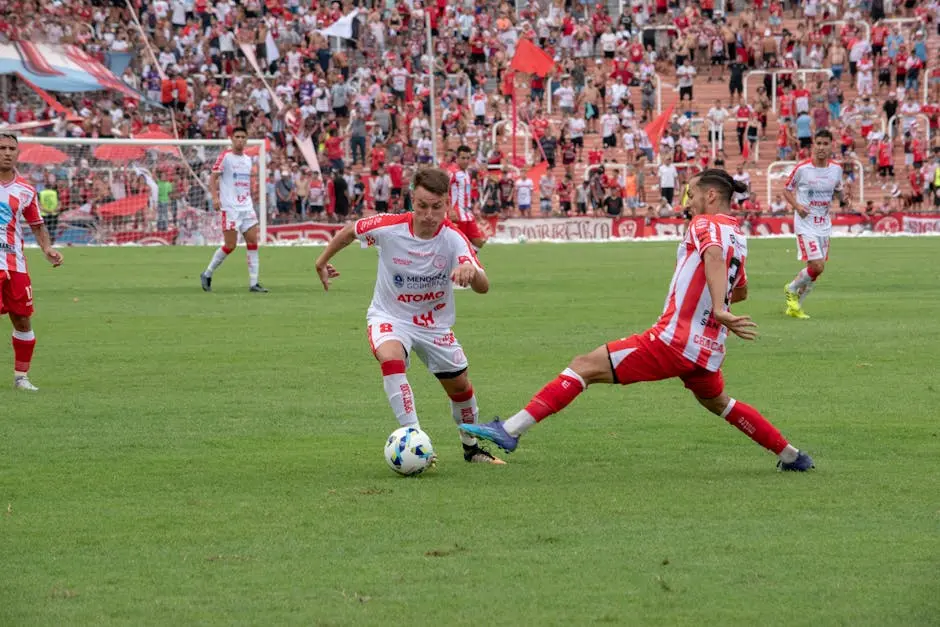Understanding the Premier League standings involves more than just checking the scoreboard. Let’s dive into the intricate world of football and discover the multifaceted elements that shape the outcome of one of the world’s most captivating sports leagues.
1. Team Dynamics and Cohesion
Team dynamics and cohesion are pivotal, acting as the backbone of any successful Premier League club. When players on a team gel well, understanding each other’s strengths and weaknesses, they move as a unit, undeterred by the opposition. This unity is often built through rigorous training sessions, team-building activities, and a shared vision of success. A prime example is Leicester City’s miraculous 2015⁄2016 season, where the synergy between players led to their paramount Premier League victory, a feat that underlines the importance of cohesion and collective effort over individual brilliance.
Moreover, the role of a harmonious dressing room cannot be overstated. It fosters an environment where players can communicate effectively, offering support during high-pressure moments throughout the season. This atmosphere, often nurtured by experienced managers, ensures that when the stakes are high, the team performs as a singular force, making strategic plays that are crucial for climbing the Premier League standings.
2. Impact of Managerial Strategies
The strategic prowess of a team’s manager plays a critical role in determining its place in the Premier League standings. Tactical decisions, such as formation changes and player substitutions, can alter the course of a match and potentially the season. The impact of managerial strategies is vividly seen in the success of Pep Guardiola at Manchester City, where his innovative tactics and adaptability have led to multiple Premier League titles. Investing in a tactically astute manager can indeed be the turning point for clubs aiming for the top.
Moreover, managers influence not just the game plan but also player morale and motivation. A manager’s ability to inspire and galvanize their squad can be just as crucial as their tactical genius. The relationship between a manager and their players often transcends the pitch, influencing performances and ultimately the standings.
3. Financial Power and Transfers
In the modern game, the financial clout of Premier League clubs is a significant indicator of their potential success. The ability to attract top-tier talent during transfer windows can drastically improve a team’s performance, propelling them up the standings. Clubs like Manchester City and Chelsea have demonstrated how strategic investments in the transfer market can lead to domestic and European success. However, it’s not just about spending big but spending smart; identifying the right talent that fits the team’s style and addressing key weaknesses is essential.
4. Injuries and Player Fitness
Injuries can derail even the most promising of Premier League campaigns. The physical and mental fitness of players is paramount in the league known for its intensity and hectic schedule. Clubs invest heavily in medical and sports science teams to manage player health, with the aim of mitigating injuries and ensuring that key players remain match-fit throughout the season. For example, the availability of key players like Kevin De Bruyne for Manchester City often correlates with the team’s performance and position in the standings.
5. Fan Support and Home Advantage
The electrifying atmosphere generated by fans can turn stadiums into fortresses, where home teams significantly increase their chances of winning. Liverpool’s Anfield, with its iconic ‘You’ll Never Walk Alone’ anthem, exemplifies how fan support can galvanize a team, contributing to their formidable home record. This tangible home advantage can be essential for teams striving to improve their position in the Premier League standings, illustrating the symbiotic relationship between fans and players.
6. Impact of Technology and VAR
The introduction of the Video Assistant Referee (VAR) system has introduced a new dimension to the Premier League. Decisions related to goals, penalties, and red cards can now be reviewed, affecting the outcomes of matches and, consequently, the standings. While VAR aims to increase fairness, its impact has been mixed, with controversies and debates often surrounding its use. Nonetheless, it underscores the importance of technology in modern football, influencing not just the flow of a game but potentially the fate of a season.
7. The Influence of International Breaks
International breaks present a double-edged sword for Premier League clubs. On one hand, they offer a respite for injured players to recover without missing club matches. On the other, they pose the risk of injuries and fatigue from travel and additional games. The aftermath of these breaks can be pivotal, as clubs with deeper squads tend to navigate these periods better, maintaining their momentum in the league. The strategic handling of player rotations post-international duty is crucial for clubs contending for top positions in the standings.



